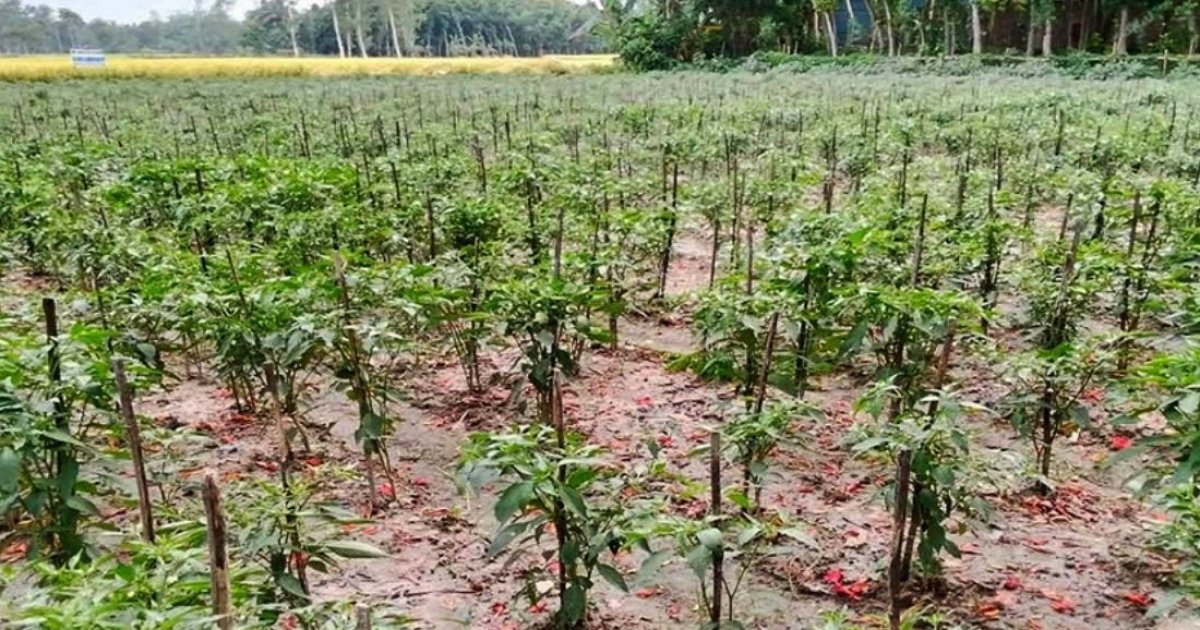Agriculture has been at the very core of Bangladesh’s identity since the country’s inception. To that end, that current agricultural practices are leading to increased health risks, is extremely concerning. It has been reported that an unrestricted use of agrochemicals is causing a food safety and public health crisis across the nation.
While it is true that the use of pesticides and fertilizers has enabled our farmers to produce up to twice as much yield as they would have without them, even allowing certain fruits and vegetables to be produced all-year-round, experts are now forced to question whether it is truly worth the risks to public health.
The issue, of course, is not the mere use of these chemicals, but the misuse. This is clearly a result of the lack of knowledge or training on the appropriate dosage and the dangers of exceeding it. The amount of pesticides used annually has reportedly reached 40,000 tons, with a significant number of the chemicals sprayed deemed hazardous.
This lack of regulation is poisoning our produce, our land, as well as our cattle — a threat to our national well-being that warrants immediate attention.
The remedy, however, lies in awareness: More training for farmers and land-owners must be mandated by the authorities to teach them about the proper use of pesticides and fertilizers to yield the best results without posing a risk to consumers’ health.
Additionally, the chemicals currently in use must be reviewed to filter out the ones that do not fit international health standards, and less toxic alternatives must be adopted to reduce the threat.
Most importantly, these regulations must be enforced by the relevant authorities, with strict monitoring and penalties for those who refuse to comply.
The unchecked escalation in agrochemical use has come to be a commonplace malpractice, albeit stemming from a lack of understanding on the matter, and only with stern measures can we reverse some of the food safety risks we are now seeing.



